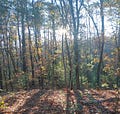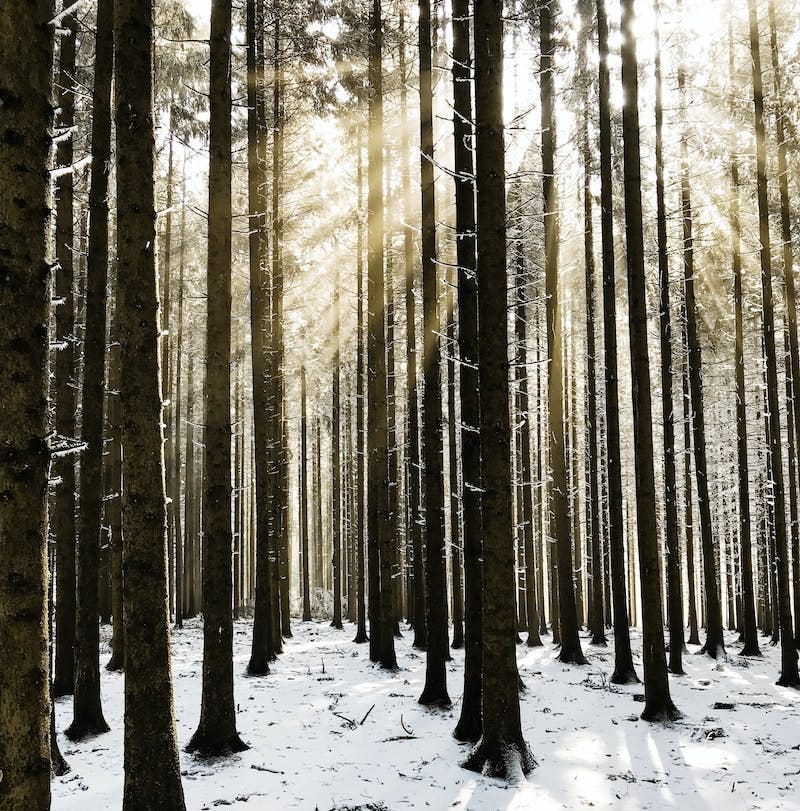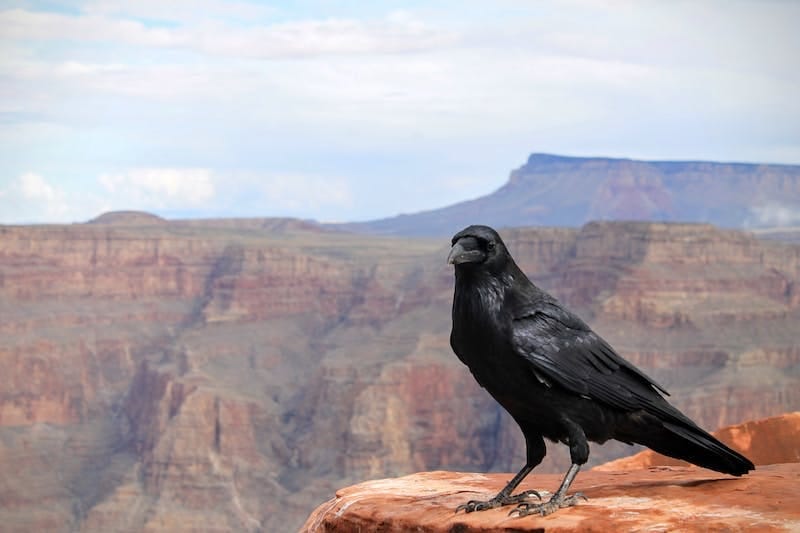This edition of The Human Fire, coming on the first Sunday of Advent, marks the beginning of a second year of providing oxygen, fuel, and heat for your spirit; hence the new numbering, 2.1. I've enjoyed bringing a bit of my spirit into the world and into your inboxes over what has been a year full of change, sadness, and joy. I'm grateful for you taking a few minutes to read and engage. Recently a reader said that this newsletter reminds him to stop, take a breath, and remember what's important. I hope it continues to do the same for you. If you want more of what I offer here, I'm adding a new section at the end of the newsletter about ways you can easily connect with me and further support the work I'm doing.
Today's issue is the second in a series on the Art of Life exploring the elements of "possibility." It considers "formation" - how we are formed through the things we love, cherish, and desire. Call this all the "unofficial" ways we become ourselves. If education officially trains our hearts and minds, it is our loves - our interests, desires, and curiosities - that form us to commit ourselves to particular ends. So be careful what you love: you just might become it.
Oxygen
"Prophets of Nature, we to them will speak
A lasting inspiration, sanctified
By reason, blest by faith: what we have loved,
Others will love, and we will teach them how;
Instruct them how the mind of man becomes
A thousand times more beautiful than the earth
On which he dwells, above this frame of things
(Which, 'mid all revolution in the hopes
And fears of men, doth still remain unchanged)
In beauty exalted, as it is itself
Of quality and fabric more divine."
~ William Wordsworth, The Prelude
I went to the woods after my mother died and found a place to sit quietly on a rock. You can see my view in the photo above. That day, a breeze cascaded through the late autumn leaves, the sun broke splendidly through the pines and maples, and a peace came over me. How many times have I taken to the serenity of a wooded trail when I needed to find myself? The forest itself forms me, is a part of me, as I am a part of it. Who would I be without it? Less myself, for certain.
Fuel
If the pandemic experience showed us anything, it might be in how much we have been formed by things we didn't love. Look at any handful of polls, and you'll see that nobody really missed their commute to the office or sitting in traffic jams. What this, and the entire conversation about "working from home" or "return to office," demonstrates is that work has played a dominant role in making us who we are - and who we don't want to be.
Long before the pandemic shut the world down, John Fullerton began wrestling with how the culture of banking was shaping him. A managing director at J.P. Morgan, he identified with the firm's approach to "the banker's code of professional ethics and customs." He believed, with J.P. Morgan Jr.'s testimony after the 1929 market crash, that mistakes made in banking were "errors of judgment, and not of principle."
Fullerton left J.P. Morgan in 2001 after the company was bought by Chase Manhattan. He increasingly believed that banking was part of the problem and had departed from any kind of principled or moral approach to its business. In his words, leaving banking "opened my eyes to the profound, interlocking crises we are now facing – ecological, economic, and social – including the shocking prospect that we are destroying the planet’s ability to support life as we know it. My most startling discovery, however, was that the modern scheme of economics and finance – what Wall Street 'geniuses' (like me) practiced so well – formed the root cause of these systemic crises."
Fullerton left banking because it was destroying what he loved - the earth, and its people. He made the choice to reject the culture which had formed him to see the world only in terms of profit and loss, assets and liabilities. He left to find a more loving, regenerative way of doing economics.
I have a confession: Jesus may have saved my soul, but my heart belongs to rock 'n roll.
That, at least, is what my fifteen-year-old self would have confessed after discovering the debut album by The Black Crowes during freshman year of high school. A friend had copied Shake Your Money Maker for me, wanting to know if I could play keys like Chuck Leavell, who did the studio work on that album and had played for a who's-who of classic rock, including the Rolling Stones and the Allman Brothers.
Another confession: at the time, I could not play like that.
But Leavell's keyboard work, in combination with Chris Robinson's soulful wailings and Rich Robinson's open-tuned, driving hooks, made me want to play like that. Their sound was something that spoke directly, if wordlessly, to my heart, and I have never been the same.
Heat
I've heard Grammy-winning singer-songwriter Marc Cohn tell the story behind his hit "Walking in Memphis" multiple times now. Cohn was stuck as a New York City wedding singer and unsure whether to keep pursuing music for a living. James Taylor suggested he do a "geographic" - go somewhere else and get unstuck. So Cohn, a secular Jew, packed up and left NYC for Memphis and the church of Blues and Gospel Al Green. One way to look at this story is that Cohn may not be as important a player as Memphis is. That setting, its history, its music, its people, its soul, formed Cohn in a way NYC couldn't. What has place done to form you, and what places have formed you for the best? For the worst?
I love books, and I love music, and outside of the important people in my life, those two have done more to form who I am than anything else in the world. At their best, they draw me deeper into a reality where my soul meets the soul of the world. What things draw you deeper into love?
Connecting
In this new section, I'll be sharing links to more of my work and announcements of things to come, as well as ways you can connect with me or support my work.
I was privileged to author a guest post titled "What Makes a Man?" for my friend
, who writes @GetReal, Man, a newsletter exploring fatherhood, masculinity, and "growing up after becoming an adult." Latham is a former navy test pilot and was in the first cohort of my Deep Souls course.I'll be opening up some new slots in my coaching practice in January. If you'd like to explore working with me, just reply to this email or book a discovery call.
If you'd like to help financially support my writing, you can give me a tip. In 2024, I'll also be offering a subscription plan for an ongoing way to regularly participate in my work and connect with a bigger community.
Until next week, I'll see you down the path.
Chad






